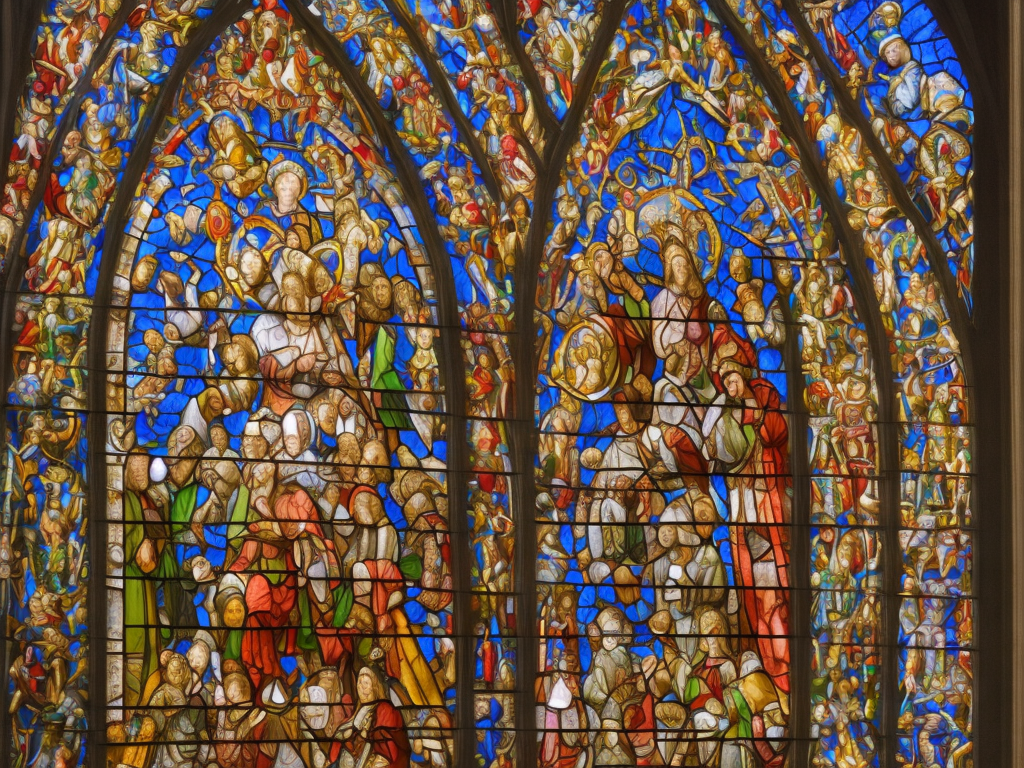
Christianity is the world's largest religion, and within it, there are two main branches: Catholic and Protestant. These two branches have many similarities, including a belief in Jesus Christ as the son of God and a belief in the Holy Bible. However, they also have many differences, including differences in theology, worship, and church hierarchy. In this article, we will explore the key differences between Catholic and Protestant Christianity.
The first and most obvious difference between Catholic and Protestant Christianity is their approach to authority. Catholics believe that the Pope, who is the leader of the Catholic Church, is the ultimate authority on all matters of faith and morals. Protestants, on the other hand, believe in the authority of the Bible alone, which means they do not believe that any one person or institution should be able to dictate their interpretation of scripture.
Another significant difference between the two branches of Christianity is the way they view the role of the church. Catholics believe that the church plays a central role in the lives of believers, and that it acts as a mediator between God and humanity. Protestants, however, believe that the church is a gathering of believers and that it is not necessary for a person to belong to a particular church to have a relationship with God.
In terms of theology, there are several key differences between Catholic and Protestant Christianity. One of the most significant differences is the doctrine of justification. Protestants believe that a person is justified, or made righteous in the eyes of God, through faith in Jesus Christ alone. Catholics believe that a person is justified both through faith in Christ and through good works.
Another important difference is the view of the sacraments. Catholics believe in the seven sacraments, which are holy rituals that have been instituted by Christ and can confer grace upon the believer. Protestants, on the other hand, typically only observe two sacraments: baptism and Holy Communion.
In terms of worship, there are also differences between Catholic and Protestant Christianity. Catholics typically follow a more traditional style of worship, with more ritual and ceremony than Protestant churches. For example, Catholic churches often have statues and icons, and the Mass is celebrated with incense, bells, and other liturgical elements. Protestant worship, on the other hand, is often more casual and less formal.
Lastly, there are differences in the church hierarchy between Catholic and Protestant Christianity. In the Catholic Church, there is a clear hierarchy, with the Pope at the top and bishops, priests, and deacons below him. In Protestant churches, there is usually a pastor or minister who leads the congregation, but there is no central authority figure.
In conclusion, Catholic and Protestant Christianity share many similarities, including a belief in Jesus Christ as the son of God and a belief in the Holy Bible. However, there are also significant differences between the two branches, including differences in authority, the role of the church, theology, worship, and church hierarchy. Despite these differences, both Catholics and Protestants are united in their dedication to serving Jesus Christ and spreading the message of the Gospel to the world. By understanding the differences between the two branches of Christianity, we can better appreciate the diversity within the faith and work towards building a more unified global Christian community.
 Self-Instruct
Self-Instruct